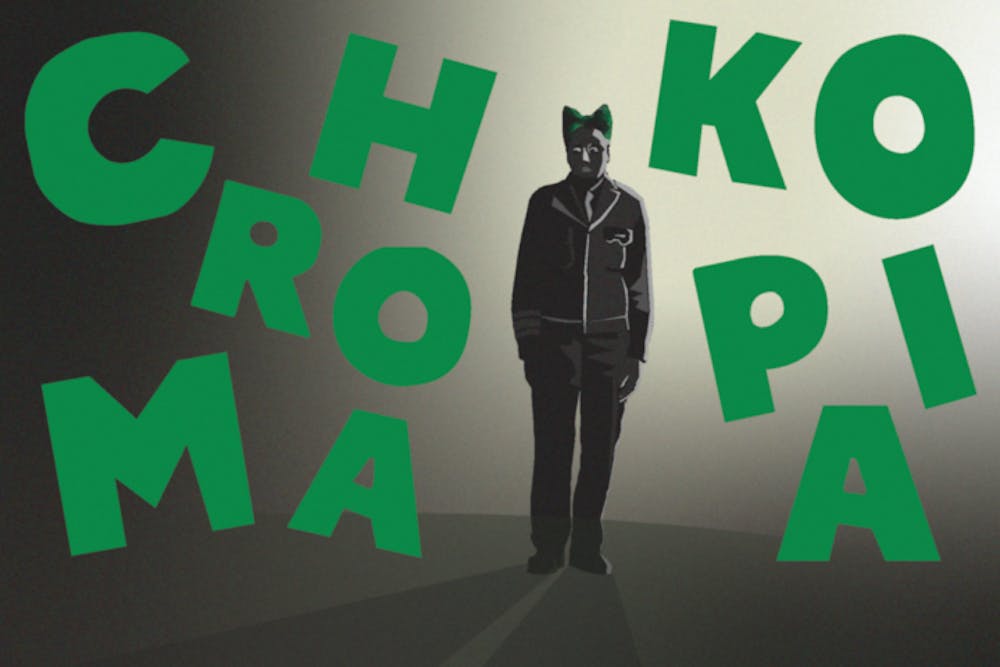Tyler Gregory Okonma, the alternative hip-hop artist known as Tyler, The Creator, released his eighth studio album “CHROMAKOPIA” on Oct. 28. This album is an advancement of the “Tyler sound” fans like myself love, but his heart-wrenching composition and vulnerable lyrics prove the artist's maturity and his strong sense of self.
The album was released following a rapid song rollout and short-notice album release announcement on Oct. 16, a teaser video which took the internet by storm as fans theorized what the album would contain, many speculating R&B artist Frank Ocean would be featured (he was not).
The album is a lyrical journey that travels through Okonma's childhood, relationship troubles and success as an artist. He is known to genre bend, so it only makes sense that the tracklist is expertly infused with hip-hop, soul and R&B.
Typical to the nature of many Tyler, The Creator songs, “I Killed You” takes a dark twist with metaphorical anecdotes of Okonma's insecurities as a Black man. At first, the transition from “Hey Jane” to “I Killed You” shocked me, but it adds to the shock factor produced by his past releases.
“Berries and oils, your naturе was so / simple / But I guess the coils and kinks bеcame an / issue / Therefore, bitch, I killed you,” he raps.
“I Killed You” is a metaphorical representation of how Okonma has masked — or rather “killed” — his true identity through chemical and expensive products that alter his natural hair texture. This song resonates with me and other Black individuals who, at one point or another, have had a similar mentality; to do whatever was advertised in the community to look presentable in the eyes of a racist society.
However, at the same time, in “Thought I was Dead,” Okonma calls out the prevalent cultural appropriation of Black creatives like himself, highlighting a paradox within the relationship between the media and Blackness.
But what stood out to me was “Noid”, the third track on the album, which the artist released as a single on Oct. 21. In “Noid,” the rapper explores his fear as a public figure.
“Things feel out of order / Look and look around / I'm not sure of / Pair of paranoia, no / Feel it in my aura / Living between cameras and recorders, ah, yeah / I want peace but can't afford ya,” he raps in the song.



